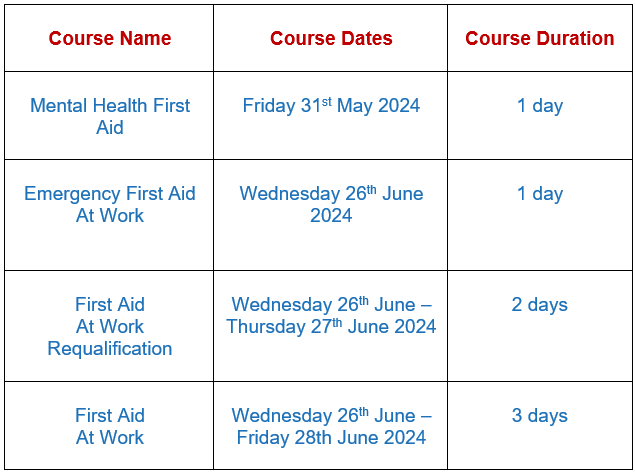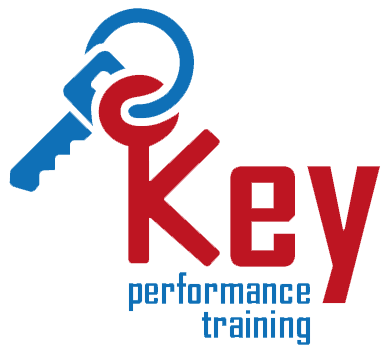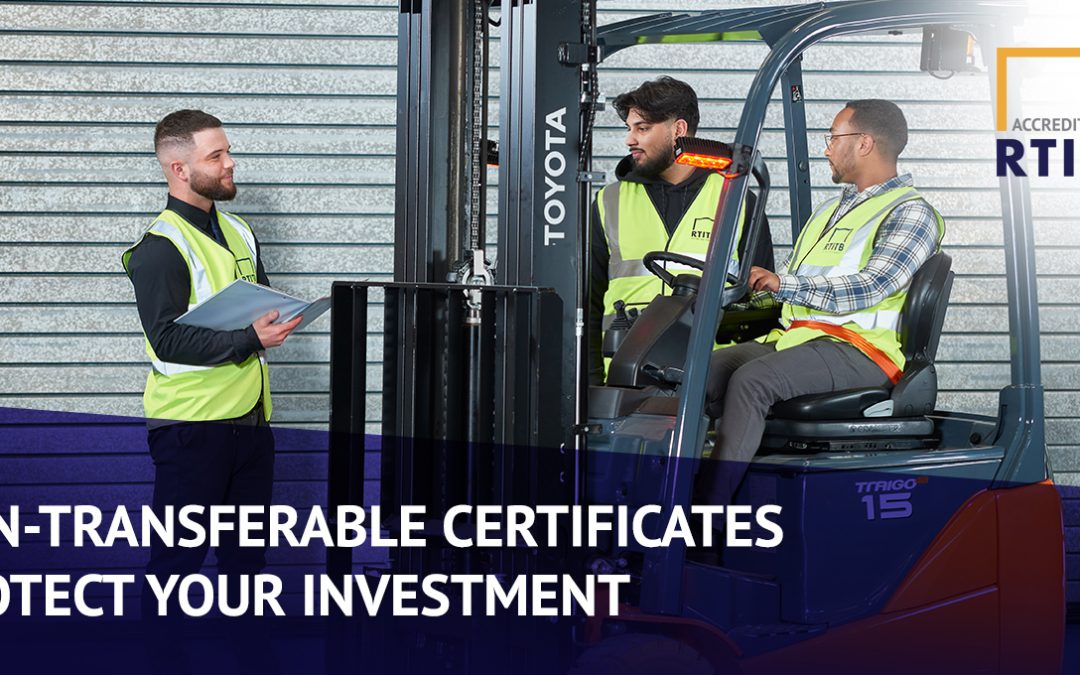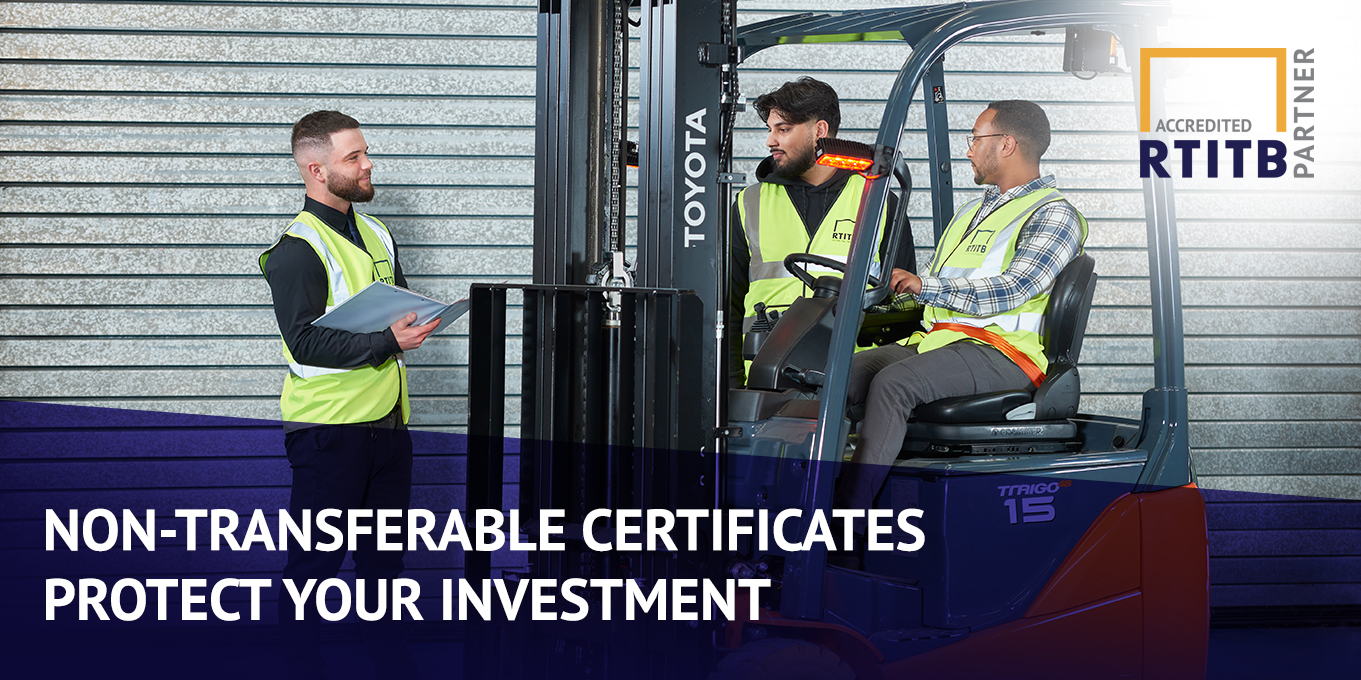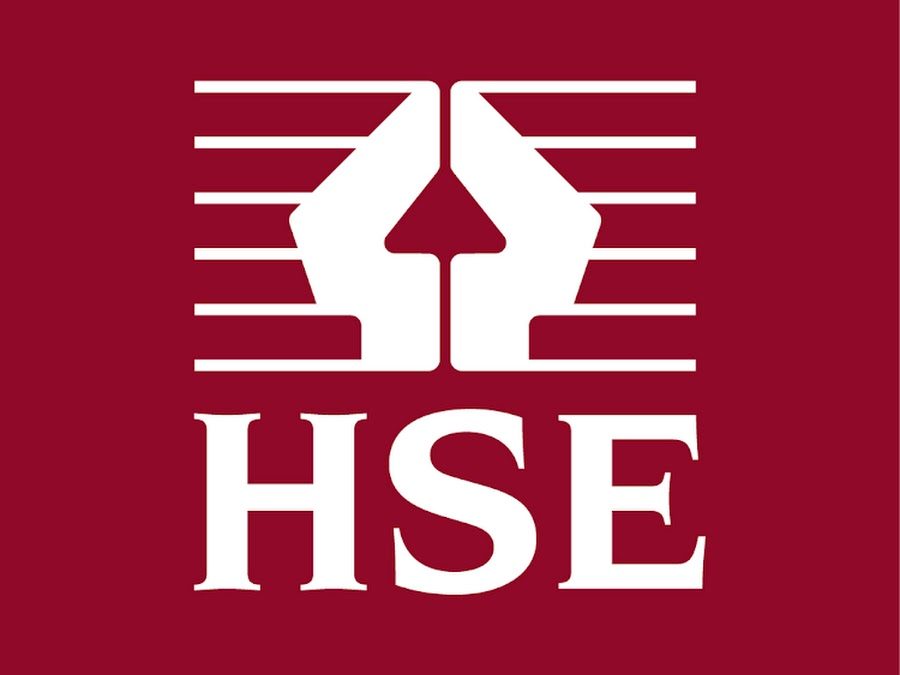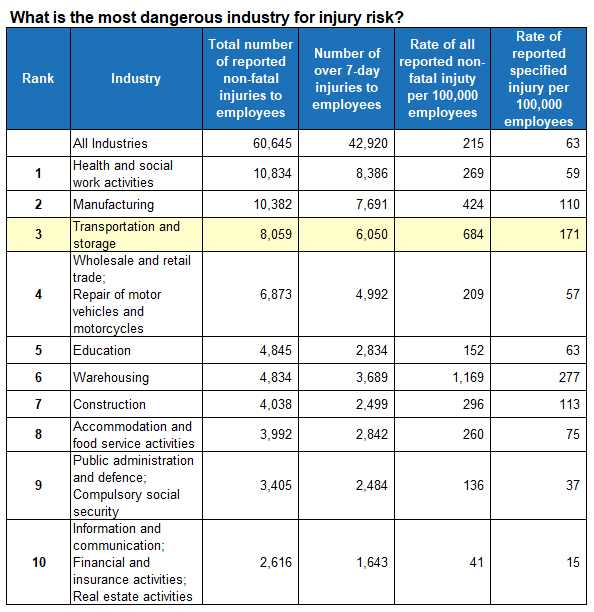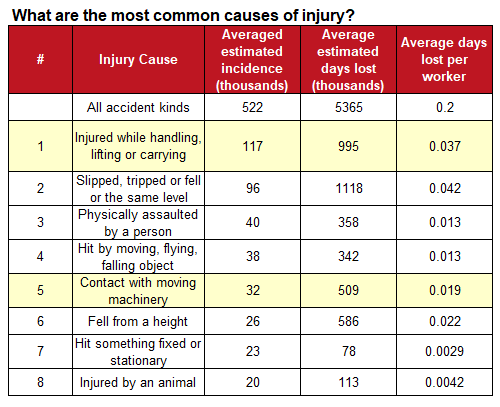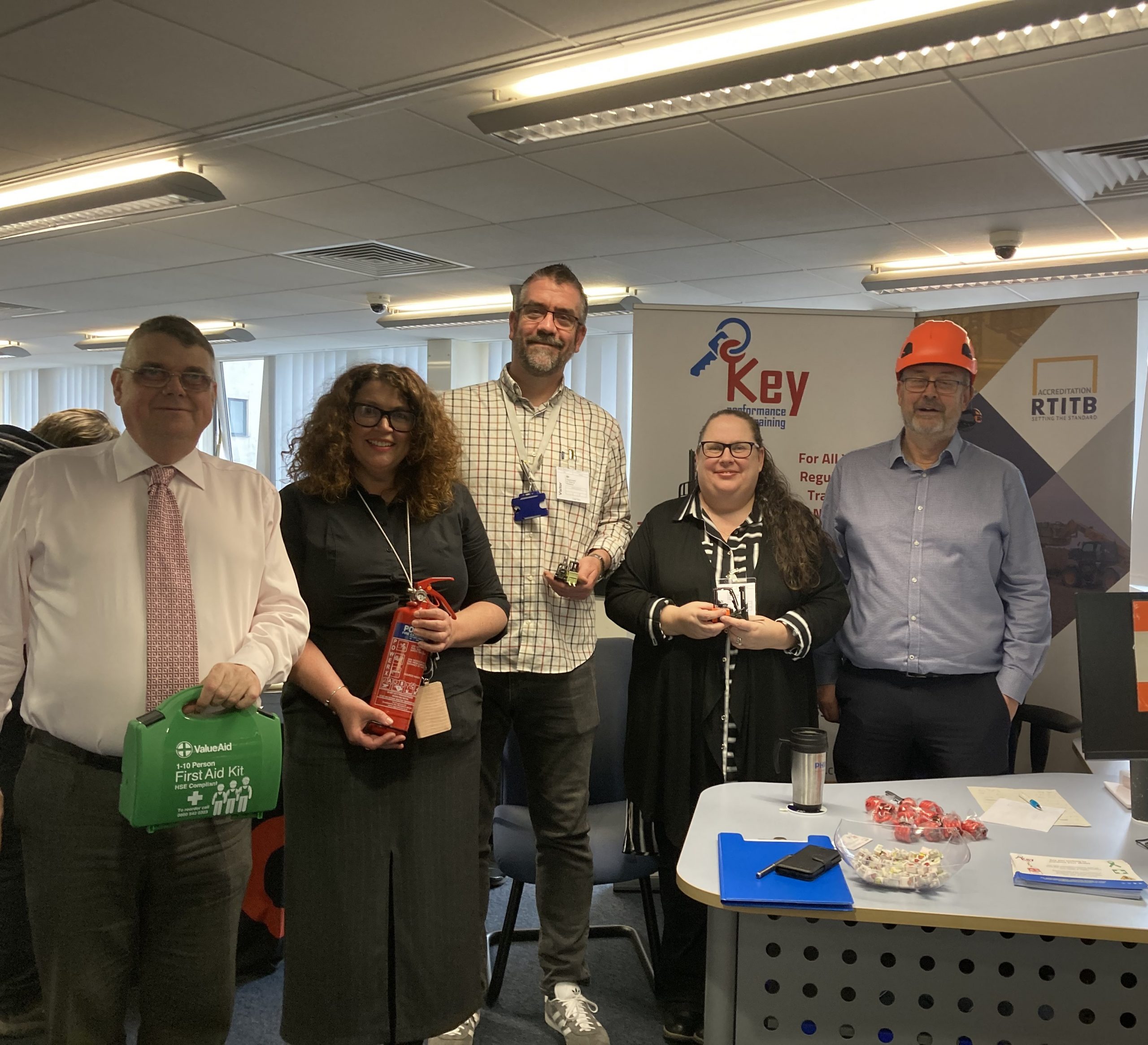To tackle this, some companies are choosing to run their own in-house forklift operator training. This does not have national recognition or the backing of an independent accrediting body and is therefore unlikely to be recognised by a competitor that is looking to recruit lift truck operators.
However, there is a better alternative!
As an RTITB Accredited Partner, we do not have to offer national, transferable certificates. We have the option to provide non-transferable RTITB certificates. These forklift operator certificates can be limited, for example, for use only with a specific company or site.
This approach can offer a wide range of benefits.
Validation and Compliance
One big advantage of non-transferable training certificates lies in the assurance of compliance. These lift truck operator training certificates come with independent quality assurance through RTITB Accreditation. This shows that the training, examination, and records adhere to specific standards. And most importantly, that the training delivered has complied with relevant guidance, such as the Health and Safety Executive (HSE) ACoP L117 (Approved Code of Practice for Rider-operated lift trucks).
This external validation gives peace of mind, especially if a lift truck incident occurs.
Companies issuing RTITB accredited certificates can be confident that their workforce has the necessary skills and knowledge, as well as meet industry standards. It also standardises the quality of training across the whole company whilst showing that your company is committed to maintaining high standards.
To find out more about why choosing accredited training is the best approach, please click here.
Retain operators and attract talent
Non-transferable certificates can play a pivotal role in retaining skilled forklift operators. Not only because employees cannot take their operator certificate elsewhere, but also because employees are more likely to stay with a company that invests in their professional growth. Showing an employee that you have invested in a recognised, independent qualification often holds more weight than an internal training program.
Likewise, offering RTITB accredited training can be a powerful tool for attracting talent. Potential hires will be drawn to employers who can show they prioritise quality training and that they are willing to invest in this for their team.
Keeping control
Maintaining control is crucial for employers to safeguard their training investments. With non-transferable certificates, lift truck operators cannot request their certificates without explicit employer permission. This prevents any unauthorised use to gain employment elsewhere. Operators who receive non-transferable certificates are also not listed for public search on RTITB’s national operator register website.
So talk to us today about non-transferable certificates and see how we can help you retain your talent and investment.


